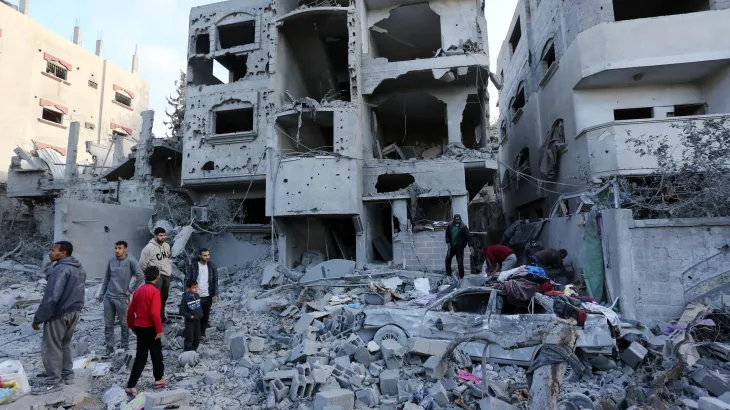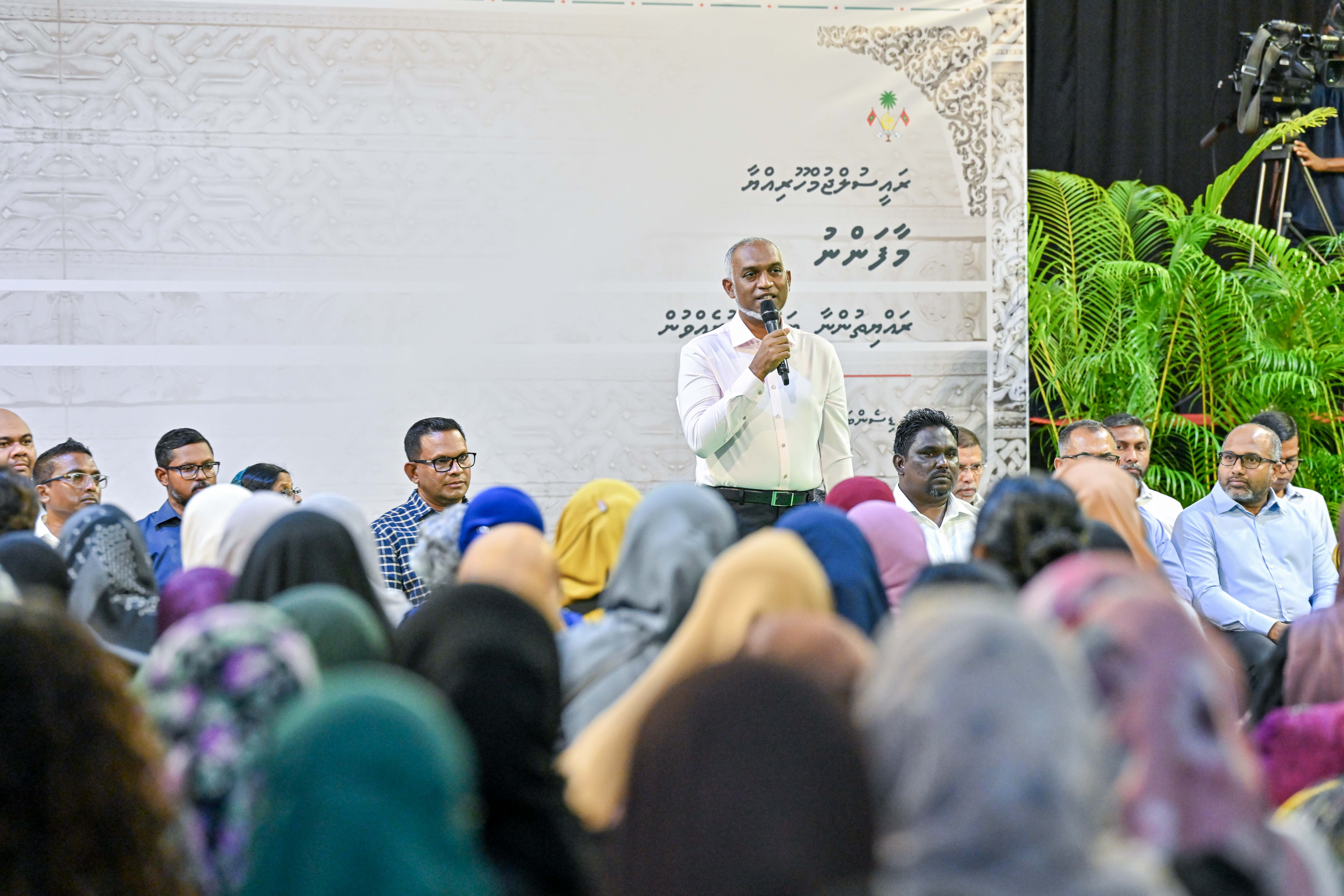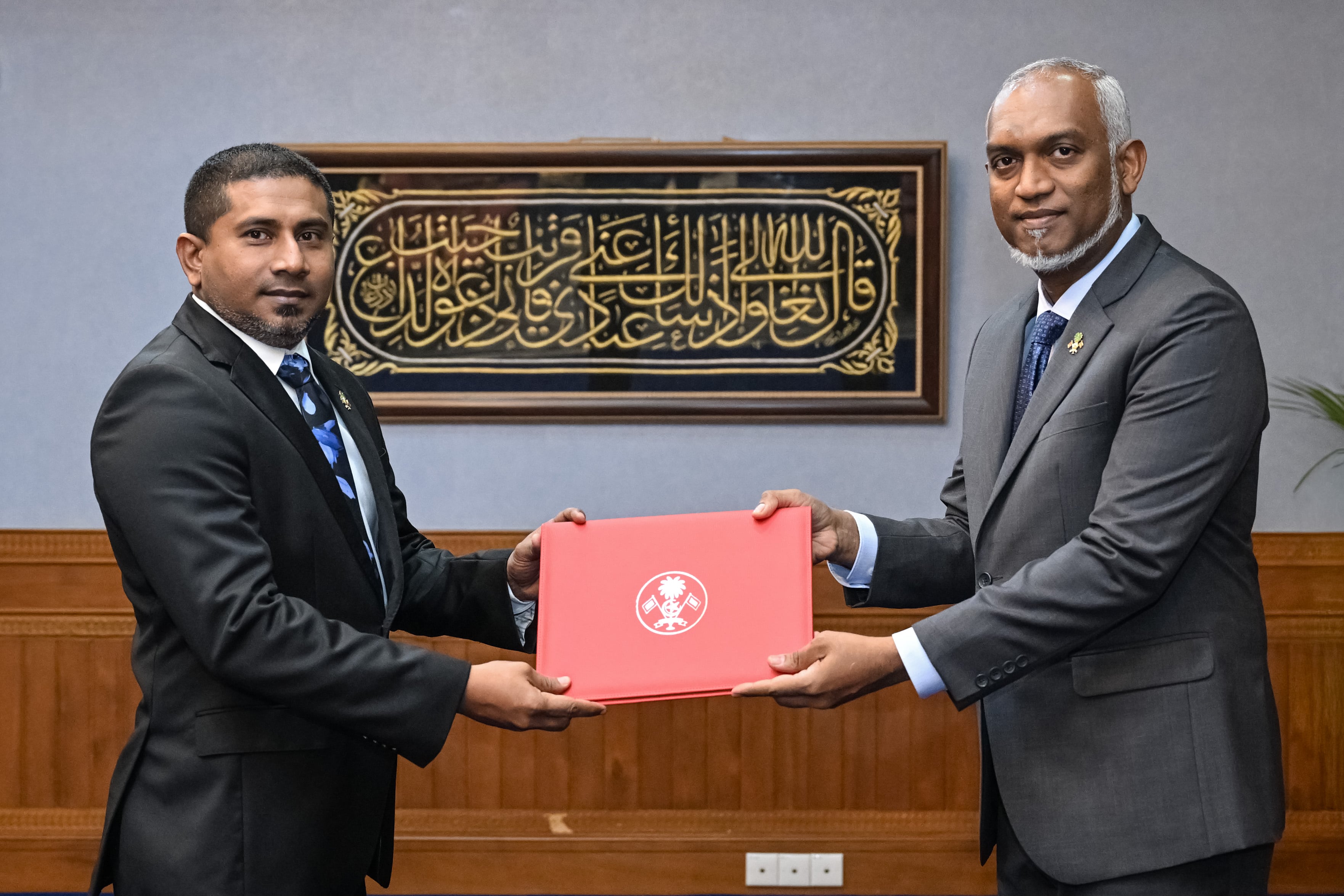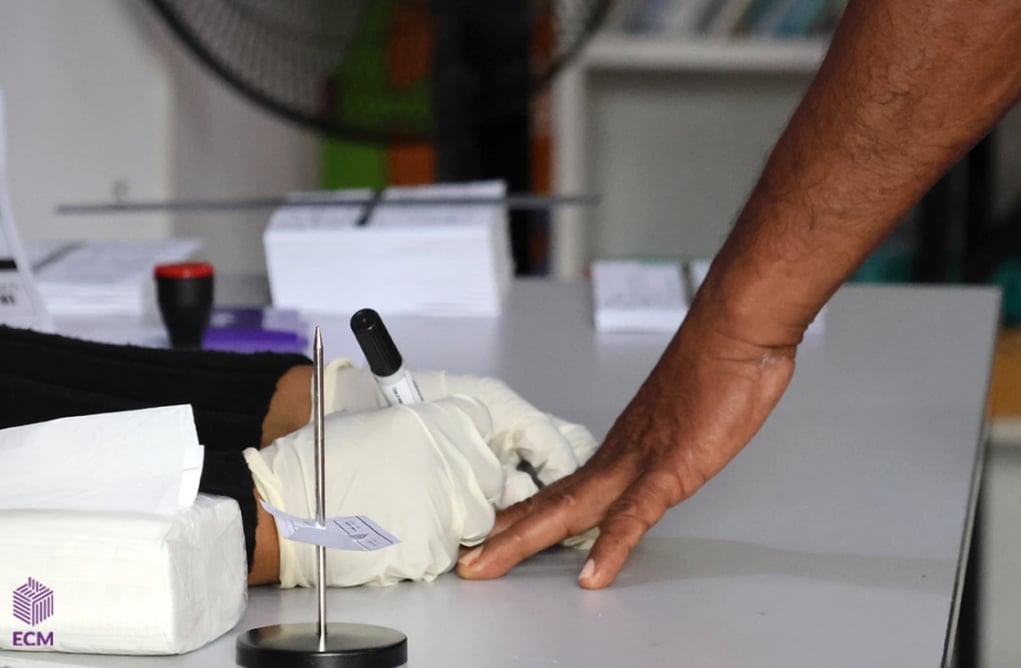In the latest developments surrounding the conflict between Israel and Hamas, the Palestinian militant group Hamas has declared its ongoing commitment to achieving a ceasefire in Gaza with Israel. Despite the notable absence of Israeli negotiators from the recent round of talks in Cairo, Hamas remains steadfast in its pursuit of a cessation of hostilities.
In a statement issued on Wednesday, Hamas conveyed its willingness to display flexibility in reaching a comprehensive agreement for the cessation of aggression against its people. However, the group accused Israel of avoiding the essential aspects of the proposed agreement, highlighting persistent challenges in the negotiation process.
Negotiators from Hamas, Qatar, and Egypt have convened in Cairo to secure a 40-day ceasefire before the commencement of the Muslim fasting month of Ramadan, scheduled to begin early next week. Notably, Israeli representatives have not participated in these discussions, raising questions about the prospects of achieving a breakthrough.
US President Joe Biden weighed in on the matter, emphasizing that the decision to accept a ceasefire deal rests with Hamas. The proposed agreement entails the release of Israeli hostages captured during previous conflicts, alongside an increase in aid to Gaza aimed at averting famine and addressing critical humanitarian needs.
The situation remains complex, with both sides presenting divergent demands. While Hamas underscores the necessity of ending the Israeli military offensive and facilitating the return of displaced Gazans to their homes, Israel seeks a temporary cessation of hostilities to secure the release of hostages and provide additional aid to Gaza. As negotiations continue, the international community closely watches for developments that could lead to a resolution of the conflict.
In a statement issued on Wednesday, Hamas conveyed its willingness to display flexibility in reaching a comprehensive agreement for the cessation of aggression against its people. However, the group accused Israel of avoiding the essential aspects of the proposed agreement, highlighting persistent challenges in the negotiation process.
Negotiators from Hamas, Qatar, and Egypt have convened in Cairo to secure a 40-day ceasefire before the commencement of the Muslim fasting month of Ramadan, scheduled to begin early next week. Notably, Israeli representatives have not participated in these discussions, raising questions about the prospects of achieving a breakthrough.
US President Joe Biden weighed in on the matter, emphasizing that the decision to accept a ceasefire deal rests with Hamas. The proposed agreement entails the release of Israeli hostages captured during previous conflicts, alongside an increase in aid to Gaza aimed at averting famine and addressing critical humanitarian needs.
The situation remains complex, with both sides presenting divergent demands. While Hamas underscores the necessity of ending the Israeli military offensive and facilitating the return of displaced Gazans to their homes, Israel seeks a temporary cessation of hostilities to secure the release of hostages and provide additional aid to Gaza. As negotiations continue, the international community closely watches for developments that could lead to a resolution of the conflict.


















